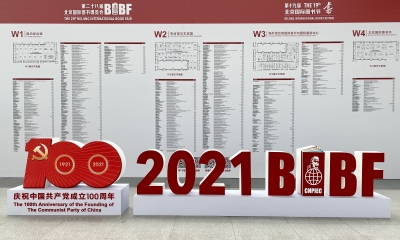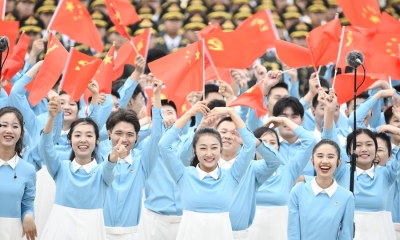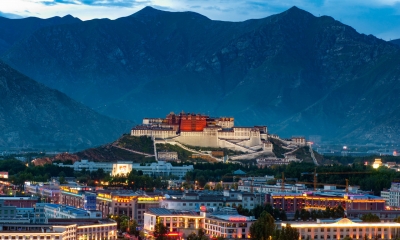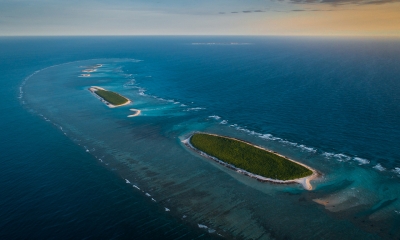The Double Standards on Democratic Values of the “Anti-China Alliance”
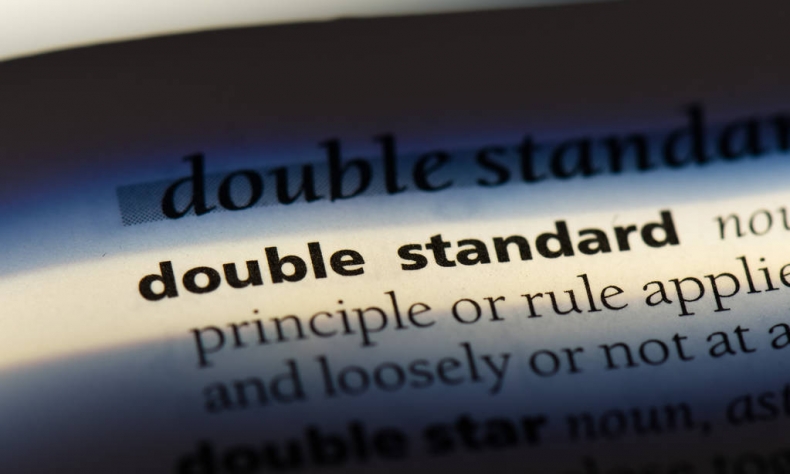
If the Inter-Parliamentary Alliance on China signatories are so terribly concerned about the erosion of democratic values, perhaps they should speak up about the ongoing civil liberties infringements and human rights abuses committed during America’s repression of the Black Lives Matter movement.
Rising anti-China sentiment amongst some circles in the West has driven lawmakers from several countries to band together and push for a tougher international stance on China.
The Inter-Parliamentary Alliance on China (IPAC), founded on June 4 initially received support from 18 lawmakers of nine countries, namely — the United States, the United Kingdom, Australia, Canada, New Zealand, Germany, Sweden, Norway, and Japan.
With the recent addition of lawmakers from, Italy, the Netherlands, the Czech Republic and Lithuania, the so-called IPAC has grown to encapsulate 104 legislators representing 13 nations and the European Union, and plans to expand further.
“Developing a coherent response to the rise of the People’s Republic of China (PRC) as led by the Chinese Communist Party is a defining challenge for the world’s democratic states,” reads a statement on the group’s website.
In a video, announcing the groups launch, US Republican Senator and IPAC Co-Chair Marco Rubio who often expresses anti-China opinions, repeats the claim that China represents a significant ‘challenge’ to the world.
So what challenge does China present exactly?
According to their website, IPAC says the Communist Party of China has “repeatedly and explicitly state[d] its intention to expand its global influence.”
“As a direct result, democratic values and practices have come under pressure.”
Overlooking for a moment the unsupported and bizarre claim that any government would willingly confess to harboring expansionist intentions; is it not just a tad hypocritical, that the US of all countries, accuses another nation of seeking to expand its global influence?
Global influence: a brief comparison
Since the end of the Second World War, no country has come close to the United States in terms of seeking to project its influence onto others.
Across all spheres of influence —from political to military, economic to technology — the United States has unapologetically sought hegemony.
Take military influence for instance. Military expenditure in the United States is greater than China, India, Russia, Saudi Arabia, France, Germany, the United Kingdom, Japan, South Korea, Brazil and Italy combined.
Washington is not exactly fond of confining its military to its own soil either. Over the last 20 years, American forces have declared war on Iraq and Afghanistan, attacked Libya and Syria, and conducted many more military campaigns in the sovereign lands of other nations under the guise of the War on Terror.
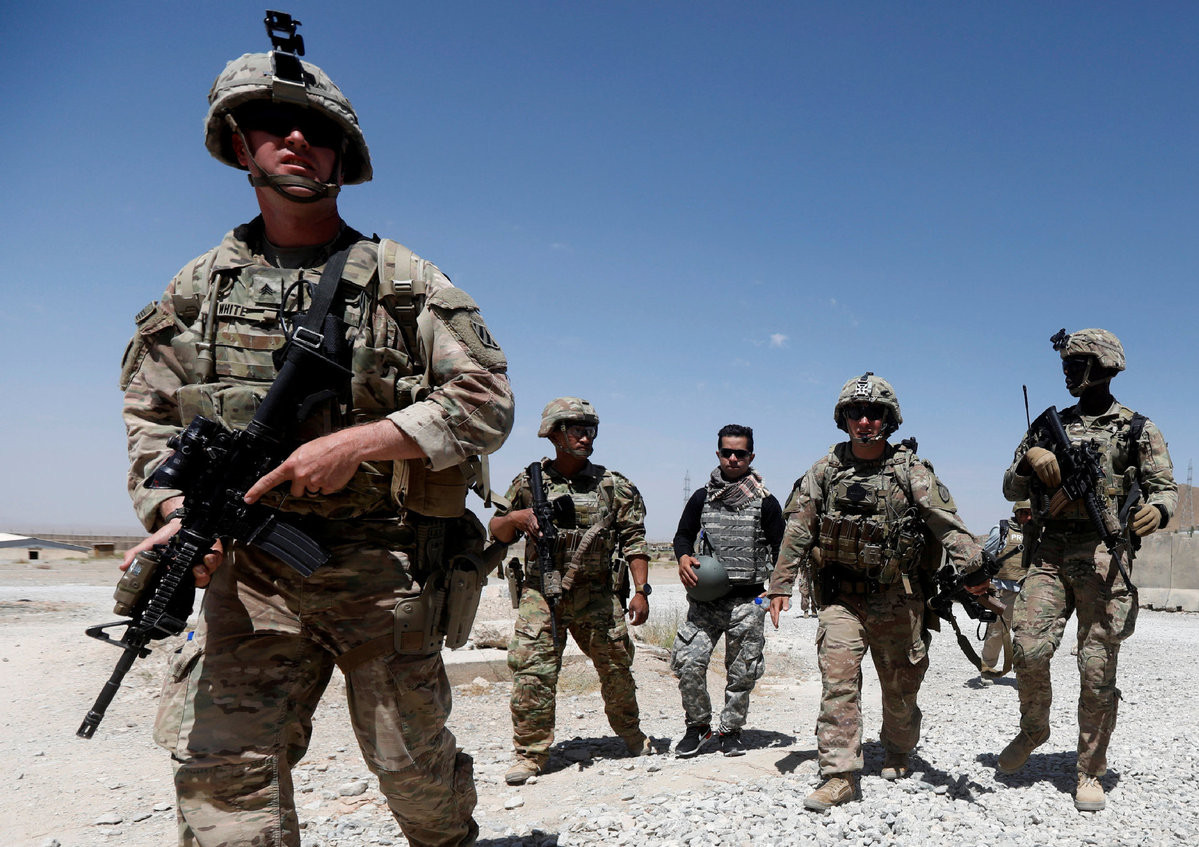
Despite recently closing hundreds of bases in Iraq and Afghanistan, the United States still maintains nearly 800 military bases in more than 70 countries and territories abroad. As associate professor of sociology and author David Vine notes, this catalogue of military bases range from small radar facilities to giant ‘Little Americas’.
Serious covert mission involving regime change is also an issue. The late American historian and author William Bum, notes that since the end of the Second World War, the United States has attempted to overthrow more than 50 foreign governments. Indeed, as recently as May this year, US mercenaries were captured in Venezuela after a failed attempt to topple the government.
Turning to economic influence, the US is again unrivalled given the dollars status as the world reserve currency. Leveraging this unparalleled influence, Washington has systematically engaged in what many label as “economic warfare.”
The US has a long history of applying economic sanctions against adversarial individuals and countries, and they have shown to be a favored weapon employed by the Trump administration. As the Guardian reports, “the spread of coronavirus has not slowed the regular drumbeat of successive layers of sanctions imposed by the State Department.”
Peter Harrell, a former senior sanctions official at the state department, said: “The administration is taking a kind of ‘kick them while they’re down’ approach, seemingly with the hope that by piling on sanctions and other actions, the administration can capitalize on the virus in Iran and Venezuela to spur greater public opposition to the incumbent governments and perhaps regime change.”
China meanwhile does not pursue regime change in other countries, has only three overseas military bases, and does not seek to remake the world in its own image.
Rules based international order
Though the US evidently uses its unique status as the world’s unrivalled military and economic superpower to bully countless countries across the globe, IPAC maintains that China represents the “defining challenge” for the world’s democratic states.
Signatories concerned about threats to the “rules based international order” would be minded to look more closely at their most powerful bedfellow.
Under the Trump administration, the US has withdrawn from a host of UN agencies — including the World Health Organization, the United Nations Education, Scientific and Cultural Organization (UNESCO) and United Nations Human Rights Council (UNHCR) — and from landmark agreements such as the Iran Nuclear Deal and the Paris Climate Accord.
Only last week, President Trump issued an executive order that authorizes asset freezes and family travel bans against International Criminal Court (ICC) officials investigating possible war crimes committed by the US.
Human Rights Watch reports that the Trump administration’s move against the ICC “escalates its efforts to thwart justice for victims of serious crimes.”
“The Trump administration has repeatedly threatened to block ICC investigations in Afghanistan and Palestine that could probe conduct by US and Israeli nationals,” they add.
Similarly, if IPAC signatories are so terribly concerned about the erosion of democratic values, perhaps they should speak up about the ongoing civil liberties infringements and human rights abuses committed during America’s repression of the Black Lives Matter movement.
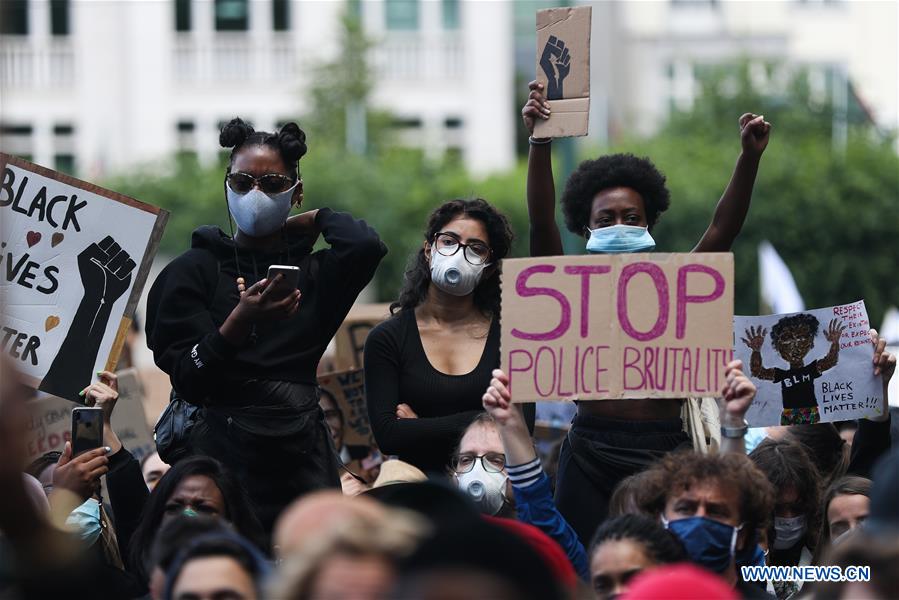
In the United States, the Black Lives Matter protesters have been met with a wave of state violence unprecedented in modern times. Crowds of peaceful men, women and even the elderly, have been on the receiving end of tear gas, pepper spray, rubber bullets, batons and fists.
Journalists have been arrested, assaulted and beaten on numerous occasions. According to the Nieman Journalism Lab, police across the US attacked journalists on “at least” 140 separate occasions in just the last four days of May.
Had such acts been committed in China, members of IPAC would no doubt seek to make their voices heard. Why remain silent just because it is the United States who commits these heinous acts?
Those that choose to speak out against China for alleged threats to “democratic values” and the international law based order, but they remain silent when the same principles are threatened by one of their own, what is it, if not hypocrisy?
 Facebook
Facebook
 Twitter
Twitter
 Linkedin
Linkedin
 Google +
Google +




